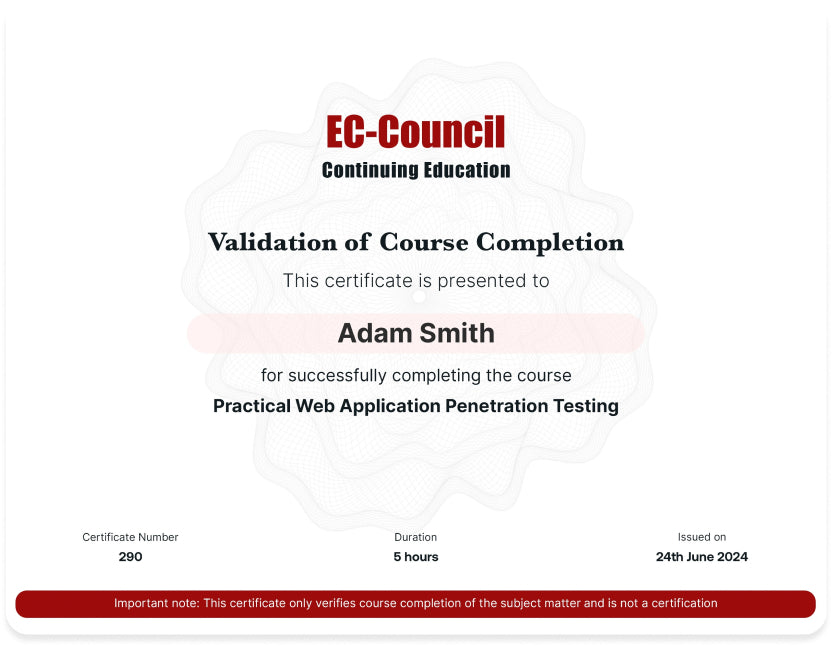Course Overview
What You Will Learn
Program Curriculum
Instructor
Pedro do Vale Vale
Pedro V has been working in the IT department, and his programming language of preference is Java, powered by the Spring Framework to implement (mostly) APIs. He has developed key wrapping algorithms for a platform that exposes the CSC API, which gained academic and industry acceptance. He also extended Spring Security to provide an implementation of one of OAuth’s recent drafts. Currently, Pedro applies principles such as API-First design and relies on OpenAPI to play an active role in making a service available to clients. He recognizes the potential APIs have in today’s world, as many companies are exposing their back-end services. He also works towards well-designed APIs, the only way to build reliable, scalable, and customer-friendly solutions.
Join over 1 Million professionals from the most renowned Companies in the world!
Empower Your Learning with Our Flexible Plans
Invest in your future with our flexible subscription plans. Whether you're just starting out or looking to enhance your expertise, there's a plan tailored to meet your needs. Gain access to in-demand skills and courses for your continuous learning needs.
Pro
Ideal for continuous learning, offering extensive resources with 600+ courses and diverse Learning Paths to enhance your skills.
What is included
- 700+ Premium Short Courses
- 50+ Structured Learning Paths
- Validation of Completion with all courses and learning paths
- New Courses added every month
Pro +
Experience immersive learning with Practice Labs, CTF Challenges, and exclusive EC-Council certifications for comprehensive skill-building.
Everything in Pro and
- 800+ Practice Lab exercises with guided instructions
- 150+ CTF Challenges with detailed walkthroughs
- New Practice Labs and Challenges added every month
-
3 Official EC-Council Essentials Certifications¹ (retails at $897!)
Exclusive Bonus with Annual Plans
¹This plan includes Digital Forensics Essentials (DFE), Ethical Hacking Essentials (EHE), and Network Defense Essentials (NDE) certifications. No other EC-Council certifications are included.



















